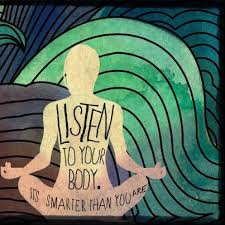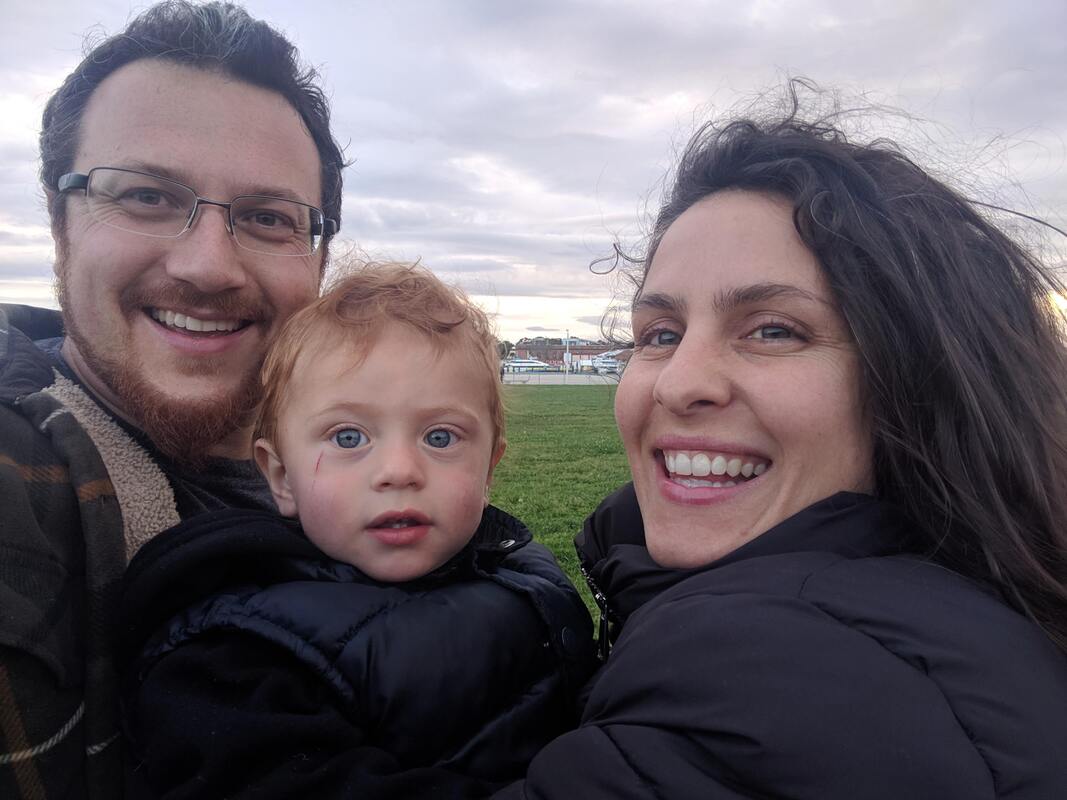 Have you ever watched with envy a child offered ice cream, take a bite or two then push the bowl away? Children are naturally intuitive with their eating, but we lose this skill with age. Cultural and social factors influence how much, when and why we eat, along with our lack of presence. Children are good at intuitive eating because they live in present time. They aren’t thinking about what they ate today or yesterday or what they’ll eat later or even how the cook feels - they’re only focused on eating when they are hungry, what they want to eat now, and the amount of food to satisfy their hunger for that moment. The Clean Plate Club is an example of not eating intuitively and a new study reveals that adults fall victim more than children, as we would expect. Researchers analyzed almost 1,200 diners in eight countries, including the United States, Canada, France, Taiwan, Korea, Finland, and the Netherlands. Despite differences in gender and geography the study found that adults finish 92 percent of what's on their plates while kids eat just 59 percent. Other highlights from the study revealed that men are more likely than women to trust their bodies to tell them how much to eat. In addition, it was found that intuitive eating was lower among those with a higher BMI and that intuitive eating was associated with fewer disordered eating behaviors. Are you a member of the Clean Plate Club? Have you lost your ability to listen and respond to your body’s natural hunger and fullness signals? Well, fear not as there is considerable evidence that intuitive eating skills can be learned (or re-learned). Often called "mindful eating” intuitive eating is also an effective weight management strategy and we can start today. Using smaller plates and bowls is one solution as they "trick" our brain into thinking we've eaten more. But really, mindful eating begins with sitting down at a table with the TV off. Remove all distractions, and focus on your meal. Setting the table and lighting a candle can help as well. Mindful eating involves honoring the sensations of hunger and fullness and giving ourselves permission to eat. When we tell ourselves that we can't or shouldn't have a particular food, it can lead to intense feelings of deprivation that build into uncontrollable cravings and, often, binging. We can pause in the middle of a meal and ask ourselves how the food tastes, and what our current fullness level is. Doesn’t food taste 10 times better when you’re hungry anyhow? If we decide that we are no longer hungry, give thanks to Tupperware, to-go boxes, and refrigeration! And remember, it takes up to 20 minutes for our gut to communicate with our brain that we're full, so slow it down a bit :) Mindful eating also involves honoring our feelings without using food. Food is often used as a crutch when dealing with anxiety, loneliness, boredom, and anger, but food won't fix any of these feelings. It may comfort for the short term, distract or even numb us, but food won't solve the problem. What other activities can we enjoy or how else can we manage these emotions? We can also encourage mindful eating in the children that we touch. Research tells us that mothers who eat intuitively use less controlling feeding practices with their children and that parental monitoring and restriction of food intake can negatively impact our children’s BMI, emotional eating, and Intuitive Eating Scale scores. The more we as parents and caregivers can trust our own bodies, the more easily we can let children instinctively trust theirs. The journey towards intuitive eating is a process one engages in overtime. It may even pose more of challenge for those who have a long history of dieting, self-imposed food restrictions, or body image concerns. With time, practice and self-compassion we can all re-learn to eat intuitively and pass this gift to those around us. Do you practice intuitive eating? What are your experiences and bits of advice that can help us on the path to well-being?
1 Comment
Claudia Notch
9/3/2014 11:45:23 am
I agree.. I am a member. Clean Your Plate was in response to the Depression Era and I was the generation that followed with grandparents still saving bacon grease, coffee cans and making sure one pot roast lasted a whole week. The only difference is that we weren't served so much food!!
Reply
Leave a Reply. |
AuthorHello and welcome! My name is Andrea Notch Mayzeles. I am a Certified Health Education Specialist, Mom, and Master of Public Health dedicated to the path of well-being. As a wellness professional I am committed to continued learning and am here to share research, recipes and musings on health, psychology, personal development, and parenting. I hope you enjoy! Categories
All
|

 RSS Feed
RSS Feed